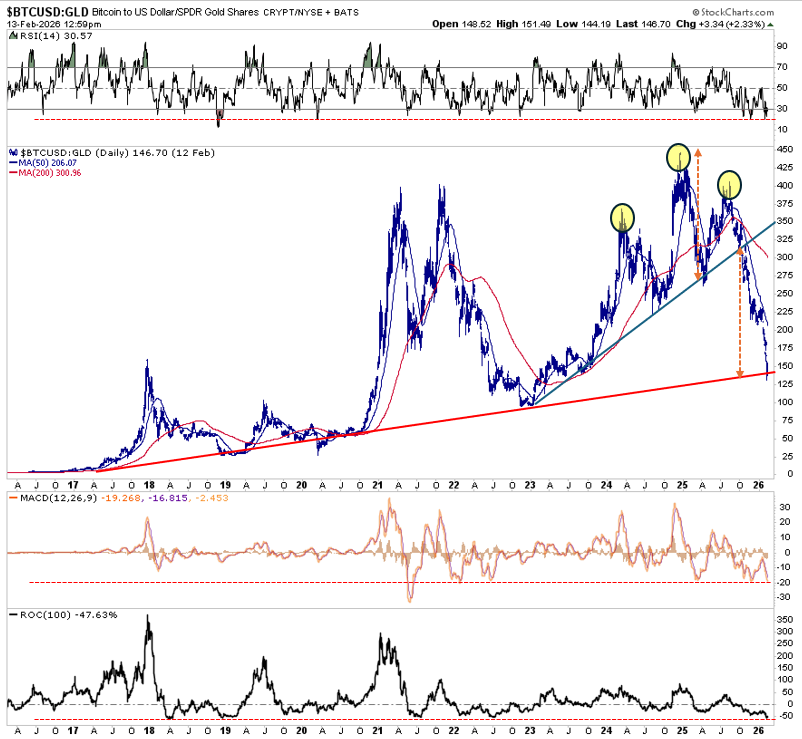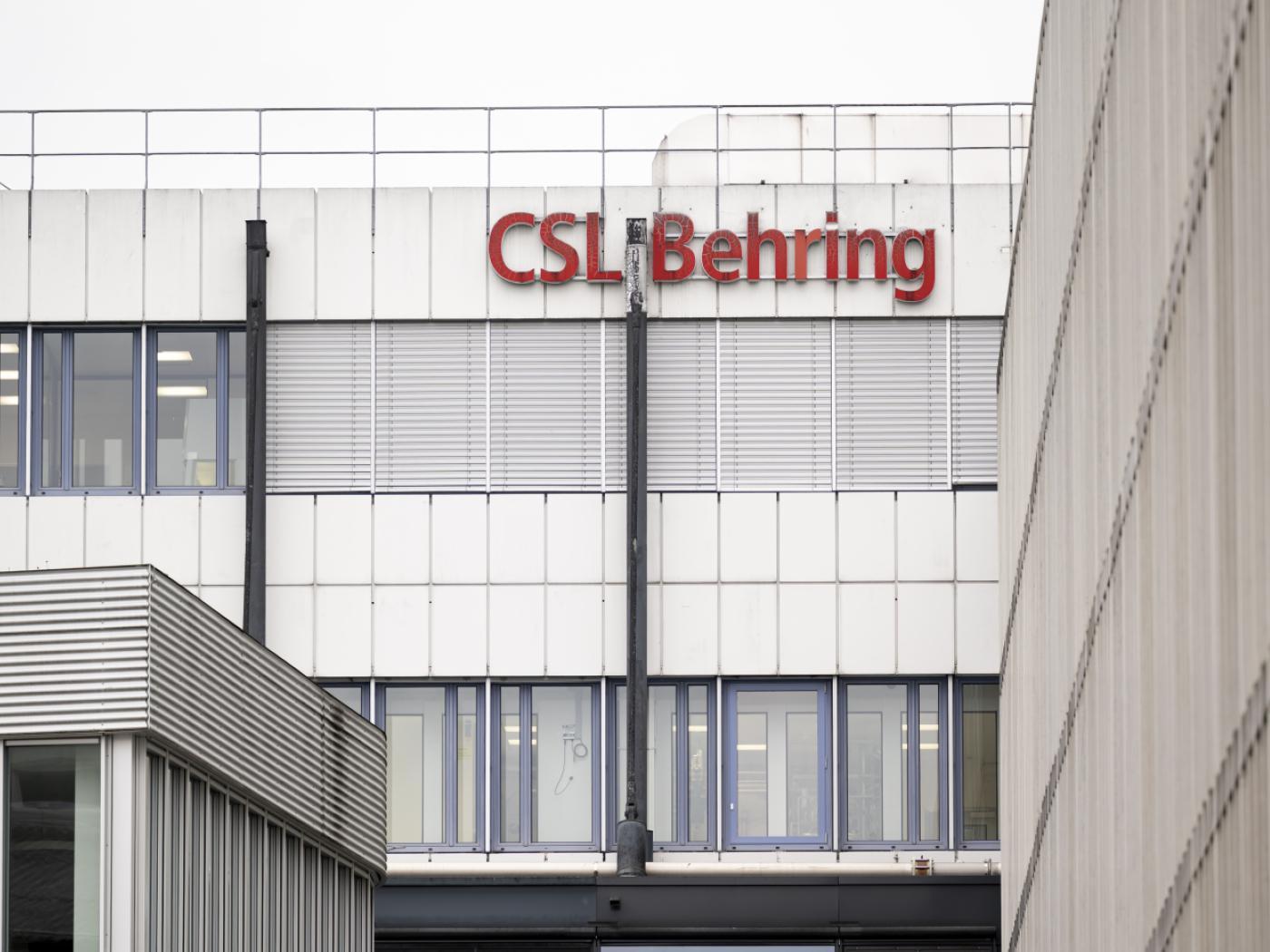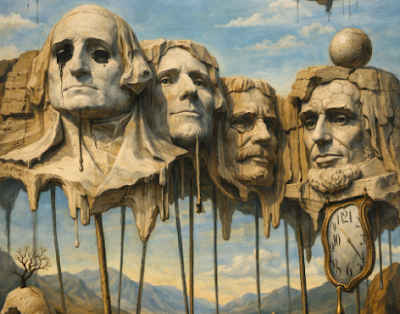INTERVIEW WITH GODFREY BLOOM:
Over the last couple of years, the UK has been increasingly in the news – for all the wrong reasons. The cost of living crisis, in particular, has been monopolizing headlines at home and abroad. Of course, inflation is by no means unique to the country. To the contrary, it has been hovering at similar or higher levels in virtually all advanced economies for quite some time. What is unique to the UK though, is that mainstream analysts and numerous establishment figures have argued that it is yet another one of the toxic consequences of Brexit.
What is also worrying is the sociopolitical polarization causing dangerous frictions in British society. Strikes have been causing serious disruptions in the country for months and the actions and demands of the protesters have divided the nation. All this is happening at a time of global financial turmoil, amid a banking crisis and on the brink of a recession.
To understand the proper context and background of all these challenges, and to get a glimpse of what might lie ahead – not just for the UK, but for the rest of the West too – I turned to Godfrey Bloom, whose insights and unique perspective have helped me navigate questions like these many a time before.
Before entering the world of politics in 2004, Godfrey Bloom worked in the City of London for forty years and won fixed interest investment prizes. He served as a Member of the European Parliament (MEP) for a decade and became widely known as a vocal opponent of government regulation and centralization. A firm euro-skeptic, Bloom was also heavily involved in the Brexit “Leave” campaign as an independent activist. He is an Associate Member of the Royal College of Defense Studies, holds the Territorial Decoration, Sovereign’s Medal, European Parliamentary Medal and Westminster Armed Forces Parliamentary Medal. He is also an author with seven books to his credit. He is married to one of Europe’s leading equine physiotherapists.
—————-
Claudio Grass (CG): The UK economy has been in a bad shape for over two years now and the cost of living crisis is showing no signs of abating. Mainstream media have blamed it all on Brexit. What is your own outlook? What do you expect for the rest of the year?
Godfrey Bloom (GB): The suggestion Brexit has weakened the UK economy is actually absurd. The British economy is doing no better or worse than any European economy. Or indeed any western economy.
There are two fundamental reasons why Brexit is irrelevant, number one being that Brexit has not yet been delivered. Since 2016, Britain has removed its commissioner and MEPs but nothing else has practically changed. No EU regulations have been removed, nor is it likely they will be. The percentage of EU-related UK GDP was never more than 8% to start with. The entire concept and the promise of a Britain outside the EU has been betrayed. The point was to deregulate and reduce tax to drive the economy forward free of the shackles of the moribund anachronistic and corrupt EU.
None of this has happened. Taxes have reached a post-war high and Whitehall continues to embrace EU regulations de facto if not de jure. The British civil service and Parliament (both houses) have stonewalled even the weak hesitant moves to Brexit freedom that the Remain cabinet have attempted. Economic Harakiri persists in the guise of Net Zero.
CG: Of course, the inflation problem is not unique to the UK. It is out of control in most advanced economies and the central bankers’ tightening approach has largely had a minimal effect. It has been piling on the pressure on normal households though and on small businesses too. Do you think this “cure” will prove to be worse than the disease and is there anything else than can be done at this point to reign in prices?
GB: Governments and their central banks cause inflation. There are no other conceivable culprits. Sometimes inflation is home grown, sometimes imported, but it is not an act of god as State broadcasters would have you believe. Printing money to spend on welfare, warfare or vanity projects well beyond revenue income will always end in monetary inflation. Certain taxes add significantly to price inflation: VAT at 20%, carbon tax on energy andemployment tax are prime examples.
It could be ended by massive cuts in public spending – 75% at least – and a return to hard currency. This will never happen because it is politically impossible in western democracies in the current climate. Cuts in public spending are NEVER mentioned by any political parties in any western countries at election time. Main stream media, politicians and civil servants steeped in Keynesian economic theory cannot accept state spending takes wealth out of an economy and that it doesn’t nor can it contribute to it.
Increases in global productivity can suppress price inflation temporarily, but only the wealth creating sector achieves that, and the public sector remains immune. Eventually the dam bursts, and we are seeing that in western economies now. Food prices in Britain are up 18% in the last year. There are millions of jobs advertised with no applicants, yet 6 million people live on unemployment benefits and 2.5 million are on sick leave!
CG: Strikes have been on the rise in almost everywhere in Europe. In the UK in particular, there have been widespread disruptions, especially in public healthcare, and the strikes had a divisive effect on society. What was your take on the demonstrators’ demands?
GB: The anachronistic institution that is the NHS is unto the British what the Sacred Cow is to Hindustan. It swallows £2,300 per head of the population (yes, that includes men, women and children!) every year. The NHS has 1.4 million employees, more than half of whom have no medical qualifications at all, so what do they all do?
There is no serious audit trail, procurement procedure is virtually criminal and modern health performance tables put the NHS at the bottom of modern European industrial democracies. Accident and emergency treatment waiting times average eleven hours. While surgical standards are some of the highest in the world, as a general health service it is a monumental failure.
Any criticism of the NHS is political suicide and reform is impossible. No other service in the world is provided free at the point of delivery, and moreover, to the entire world, the concept is absurd. There is no fiscal or moral discipline. The NHS is simply a political institution with a few beds for the sick, sponsored by tax payers and Big Pharma.
Nurses are currently on strike for more pay, but their unions never mention that the average annual pay for a trained nurse is £35k pa and £68k for an administrator. As the Americans would say ‘go figure’. Ironically and counterintuitively, the NHS has too much money, not too little.
CG: The widespread concerns over the stability of the banking system have led to record outflows, especially from ordinary people with relatively small accounts. At this time of great uncertainty, many seem to prefer to stash their cash under their mattress, but do you think gold might provide a much safer haven, even for those with more modest savings?
GB: Central and retail banks are all insolvent. That’s simply a matter of fact. The whole western system is about to collapse. The recent ‘consultation paper’ from the Bank of England (closes in June) sets out the programme for the future. State deposit guarantees will go, retail banks will be side lined, transactions will be subject to political scrutiny, cash will disappear and the system will be programmable in sync with net zero.
These developments come at a time when the BRICS economies are developing hard currencies and alternative settlement systems. They also come at a time when we’re looking at a US Dollar collapse and US default de facto if not de jure.
The success of the proposed BoE programme for 2025 onward must be in doubt. Its perpetrators caused the crisis through their lack of understanding of banking, money and human action. Close examination of the BoE consultation documents show they have learned nothing. Moreover, as the State always fails in any of its endeavours, astute use of alternative money will circumnavigate the political nonsense we now face. Ideology based on fake science andhostility to the basic desires of human nature all fail, fail big and fail soon. Gold and Bitcoin are the concrete bunkers for the aware investors – particularly gold for the risk averse.
CG: The political rhetoric, not just in the UK, but all over the West, has been focused on a “divide and conquer” strategy for a very long time. It is making villains out of successful, hard-working people and saints out of those who demand a cut from that success without having done anything to earn it. Do you think there is any way to change that narrative and to unite all honest, decent and responsible people in one camp?
GB: Tony Benn decades ago made the point that if you want to control a docile and compliant population, the government must keep the people ignorant, uneducated and frightened. The unbelievable propaganda success of governments throughout the covid crisis proved this beyond doubt. But the question is, can ignorance and fear be a permanent state? History shows that it cannot.
Racial tension in the West have been resurrected quite deliberately. Heroes have been made of unscrupulous opportunists and scam artists who seek to further their own interests and agendas by sowing hatred and division. Revisionist history persuades youngsters that Western values are thoroughly evil, that Western civilization is entirely founded upon injustice and exploitation and that there have been no genuine Western contributions to human progress. Woke education systems pressure children to blindly accept whatever the “experts” of the day declare to be the truth, no matter how blatantly absurd it might be, and to “follow THE Science”, without asking questions or using any individual critical thinking. Working populations are split between the public sector and wealth creating sector, oblivious to the economic fact the former cannot exist without the latter. It’s hard to envision a bridge for such a chasm in society, not when the two sides have embraced entirely different versions of reality.
Claudio Grass, Hünenberg See, Switzerland
This article has been published in the Newsroom of pro aurum, the leading precious metals company in Europe with an independent subsidiary in Switzerland.
This work is licensed under a Creative Commons Attribution 4.0 International License. Therefore please feel free to share and you can subscribe for my articles by clicking here
Full story here Are you the author? Previous post See more for Next postTags: Bitcoin,Brexit,Claudio Grass,Economics,Featured,Finance,Gold,inflation,Monetary,newsletter,Politics,Thoughts,Uncategorized




































